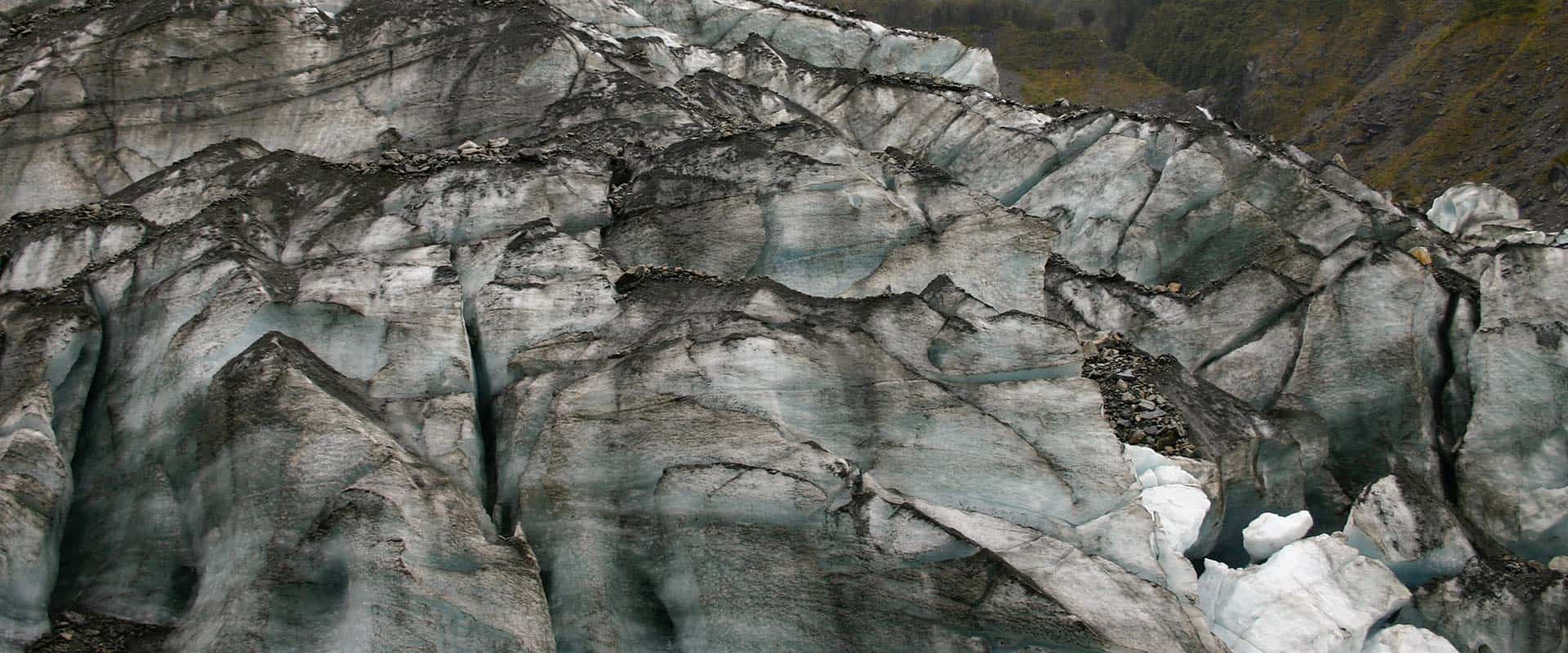Te Tai Whanake breakout session slides: Community resilience
Assoc Prof Loic le De, Auckland University of Technology
Sylvia Tapuke, Scion
Lucy Kaiser, GNS Science | Massey University
Assoc Prof Denise Blake, Te Herenga Waka Victoria University of Wellington
Dr Gradon Diprose, Manaaki Whenua Landcare Research
Assoc Prof Joanna Fountain, Lincoln University
Prof Jon Procter, Massey University
Te Tai Whanake symposium, Te Whanganui-a-Tara Wellington, May 2024
10891 KB | Adobe Acrobat PDF File
